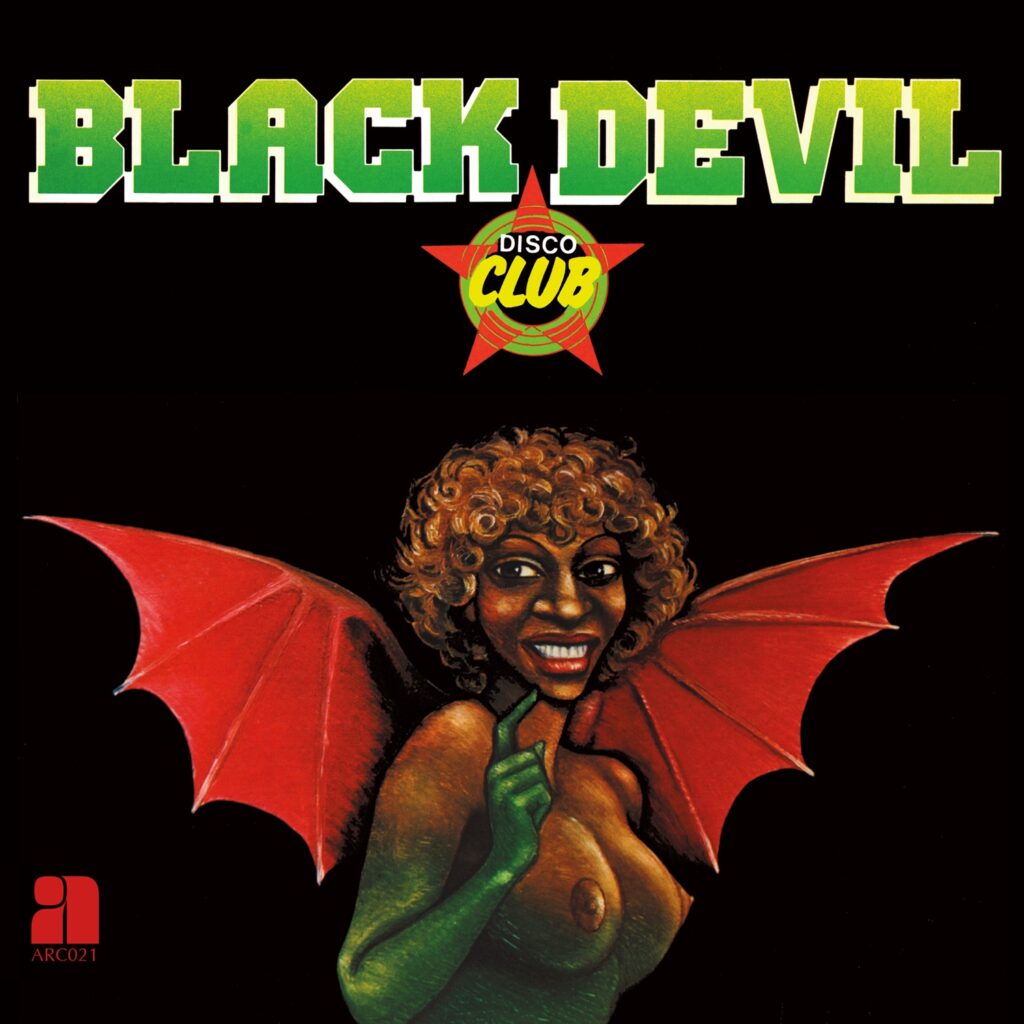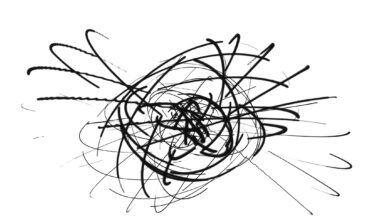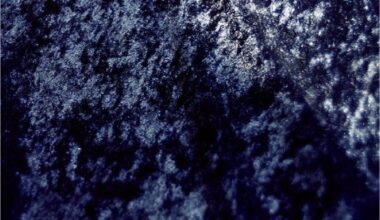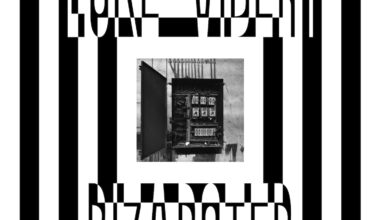Pioneering French disco producer reissues three classic 70s albums – and they’re just as stunning now

Unlike, say, the Germans, whose krautrock and Neue Deutsche Welle gained international esteem, the French pop avant-garde has always struggled to make much of an impact beyond its own national borders. Perhaps this is the way obscurantists like it, if not so much the artists themselves. In his press notes for these reissues, Bernard Fèvre, born in 1946, complains that only a few “rare, illuminated souls” got his music the first time round.
Fèvre is best known for 1978’s ‘Disco Club’, which he released under the moniker Black Devil alongside collaborator and producer Jacky Giordano, whose tracks were reworked by Aphex Twin in 2004. It was, however, preceded by two albums of vintage electronica, 1975’s ‘Suspense’ and 1977’s ‘Cosmos 2043’.
‘Suspense’ was recorded alone by Fèvre, who did not trust any of the Parisian technicians or musicians to realise his ideas. “I thought they were way behind the times,” he says. The battery of instruments is impressive – a Solina keyboard, a Hohner Clavinet, a monophonic Moog, a Korg Poly, a Mini Korg 700 – and the sparse yet intricate pieces evoke enigmatic scenarios, stills from films unstoryboarded, let alone unmade. The gentle sequencer patter of ‘Contemplation Of The Matter’ would work well over an aerial shot of a small, silver moped wending through the Alps. ‘Skeeze’ could be incidental music to an episode of ‘Les Shadoks’, a popular cartoon in France in the early 70s, while ‘What Happens’ recalls The Residents in its bleak, synth-drawn outlines.
‘Cosmos 2043’ is a sci-fi concept album and does not seem so ahead of its day next to the work of contemporaries like Giorgio Moroder or Jean-Michel Jarre, until you realise it was actually recorded in 1975, immediately after ‘Suspense’. Tracks like ‘Space Team’ don’t quite enthral the way the true masters of this era do – Fèvre is not in the first rank alongside Eno and Kraftwerk when it comes to a simple, vivid, arresting facility for melody and chord sequence. Nonetheless, the sheer range of his toolkit draws you into his lonely orbit. Its signals certainly did not go entirely unheard: ‘Earth Message’ was later sampled by The Chemical Brothers on ‘Got Glint’.
Black Devil’s ‘Disco Club’ represents a further shift, employing drum loops that lend the pieces a contemporary groove. There are disco motifs immediately evident on ‘H Friend’, distant intimations of Studio 54. Yet overall, these tracks are more about the workshed than the dancefloor – they bristle with the futuristic expectations of toiling amateur electronic artisans imagining what the year 1990 might be like.
There’s a poignant quality to the muffled vocals on ‘Timing, Forget The Timing’, as if they are coming from outside the porthole of a space cabin, frantic and barely distinct. The standout track is ‘One To Choose’, whose central motif is grabbed directly from distant minimal techno. Restored to its original format with barely any technical adjustments, this is an essential journey back to one of the electronic futures which, happily, did come to pass.





